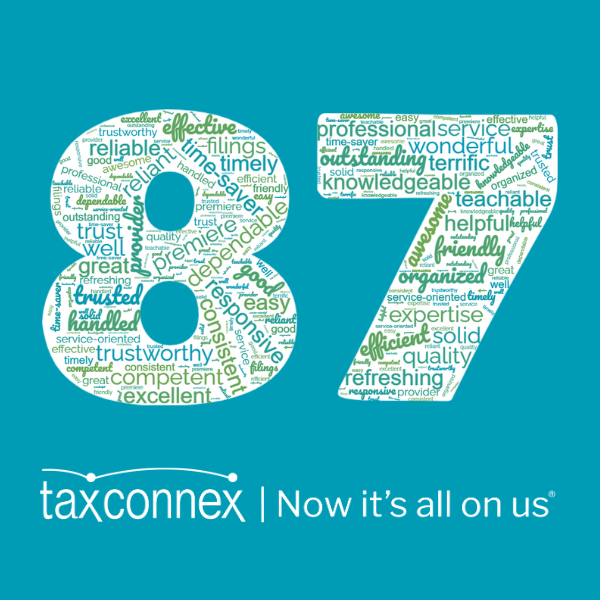Economic nexus thresholds in many states depend on two numbers. Now, almost six years after the landmark Wayfair case ignited sales tax obligations for more remote sellers, one of those numbers might be falling out of favor.
Since the Supreme Court’s decision in 2018, almost all states with economic nexus opted to have dollar volume of sales as one trigger for sales tax obligations. Several states also tossed in the number of transactions over a previous period: $100,000 or 200 transactions in the prior 12 months in Minnesota, for instance, or $500,000 and 100 transactions over the previous four sales tax quarters in New York.
At least some states that initially instituted them are now axing transaction thresholds. Why?
A matter of numbers
South Dakota – center of the Wayfair decision – recently eliminated its 200-transaction threshold; only those selling $100,000 or more into the state will be required to register, collect and remit sales tax.
South Dakota joins California, Colorado, Iowa, Louisiana, Maine, Massachusetts, North Dakota, Washington and Wisconsin in recently eliminating transaction-based nexus thresholds. (Thirteen economic-nexus states never had such thresholds.) Utah recently considered dropping its 200-transaction threshold but has tabled the legislation.
Just as remote sellers watch nexus threshold numbers, state tax authorities watch numbers, too – those of tax. After the initial flush of money right after Wayfair (and, later, the pandemic’s e-commerce explosion), states discovered that enforcing compliance doesn't come cheap.
Transaction thresholds “in reality, bring very little economic benefit to the state’s tax collections,” writes Matthew Walsh, the “Indirect Tax Professional.” Wisconsin has studied whether halving its 200-transaction threshold would ding tax revenue. (The conclusion: “minimal fiscal effect.”)
Small remote sellers face a special burden.
“A third of our clients with sales under $50,000 in a state in the last year were required to register solely by exceeding the 200-transaction threshold,” said Diane L. Yetter of the Sales Tax Institute, testifying in 2022 before the U.S. Senate Committee on Finance. “Luckily for low-dollar high-volume sellers … states recognized the undue burden of the 200-transaction threshold and removed this test over the last few years. It is my recommendation that thresholds should be based on taxable direct sales only without a transaction count threshold,” she added.
With luck, transaction thresholds won’t be part of the economic nexus equation forever.
In the meantime
If you sell into transaction-threshold states, learn that threshold. Transaction limits will no doubt continue to change, but don’t depend on a given state’s disappearing before you have a sales tax obligation.
Other points:
- Understand if your products and/or services are taxable and whether your customers are exempt.
- Selling through a marketplace facilitator adds another layer of complexity. Some thresholds include sales made through a marketplace (that collects and remits tax on behalf of the seller) and others don’t.
- If you sell your product via subscription, will each shipment in a subscription count toward your nexus thresholds? If your customers pay monthly, a state with a transaction threshold might count every payment as a transaction – in which case you’d reach the threshold count before you know it.
Sales tax always has a lot to track. Right now, the future of states’ remaining transaction thresholds is one of them.
Let TaxConnex manage the burden of keeping up with all the changes and challenges that come with staying compliant in this post-Wayfair world. Contact us to learn what it means when sales tax compliance is all on us.






.png?width=1200&height=628&name=2023%20logo%20with%20SOC%20and%20clearly%20rated%20(2).png)